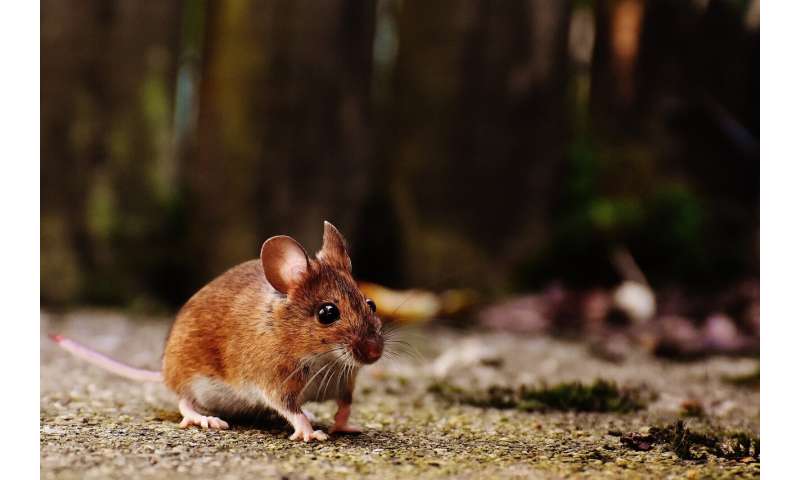
Prenatal stress is associated with neuropsychiatric disorders in offspring, including anxiety, depression, and autism spectrum disorders. A new mouse study by researchers at The Ohio State University Wexner Medical Center and The Ohio State University College of Medicine suggests that a complex interaction between maternal microbes, inflammation and serotonin metabolism regulates the emergence of behavioral abnormalities following prenatal stress.
The findings published this week in the Nature journal Translational Psychiatry.
“We found that prenatal stress leads to changes in the intrauterine environment that has long-lasting implications on the behavior of the offspring in a mouse model,” said first author Helen J. Chen, a graduate student in the NIH-funded medical scientist training program (MSTP) with Ohio State’s Department of Neuroscience. “We focused on chemokines, which are a family of signaling proteins secreted by cells that influence the immune system. Our results implicate maternal microbes and the chemokine CCL2 in mediating the intrauterine dysfunction, and demonstrate that CCL2 is necessary for the stress-induced behaviors.”
The study involved researchers with Ohio State’s Department of Psychiatry and Behavioral Health, Institute for Behavioral Medicine Research, Department of Pediatrics, College of Dentistry and Nationwide Children’s Hospital.
The findings suggest that the maternal microbiome or immune system could be good targets for developing preventive treatments for women who experience stress during pregnancy.
“The most surprising aspect of our findings was that the behavioral changes induced by stress were absent in mice that lacked CCL2, indicating that this chemokine plays an important role in shaping offspring neurodevelopment and behavior,” said lead author Tamar L. Gur, an assistant professor of psychiatry, neuroscience and obstetrics and gynecology at Ohio State’s College of Medicine.
This research builds on previous work showing a model of prenatal stress in mice leads to behavioral changes in the offspring and alterations in the gut microbiome of both the mouse mother and offspring.
“Our new research shows that these behavioral changes have intrauterine origins and implicated the maternal microbiome, immune system and serotonergic system in contributing to the changes,” Gur said.
Next, the researchers plan to fully define how CCL2 shapes neurodevelopment in utero and to investigate if the microbial and immune alterations observed in the mouse model translate to a clinical population, Chen said.
Source: Read Full Article






